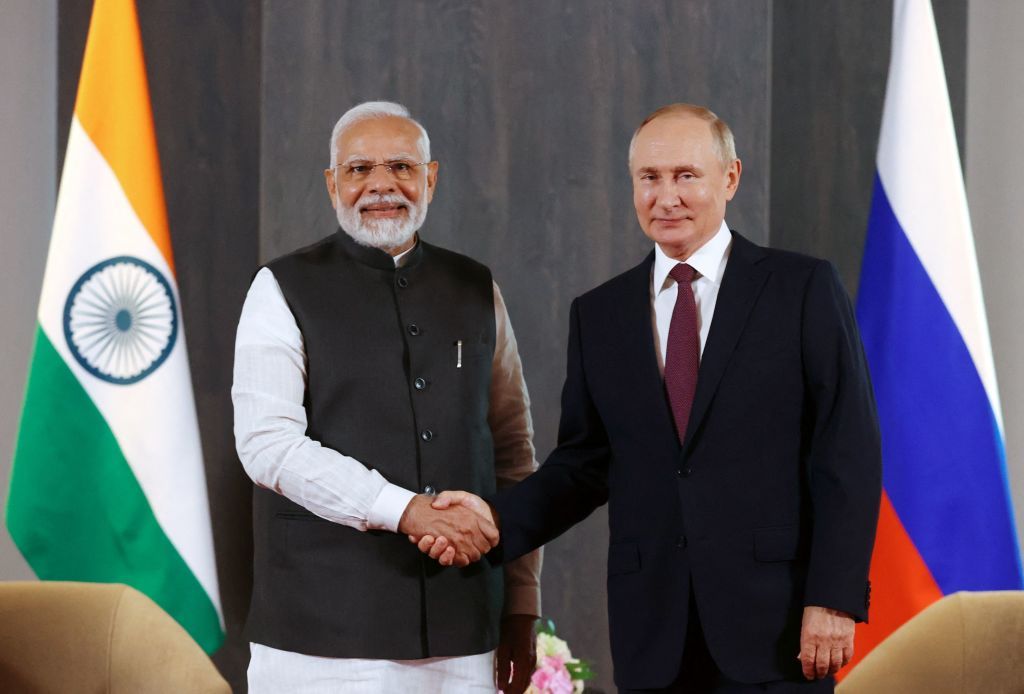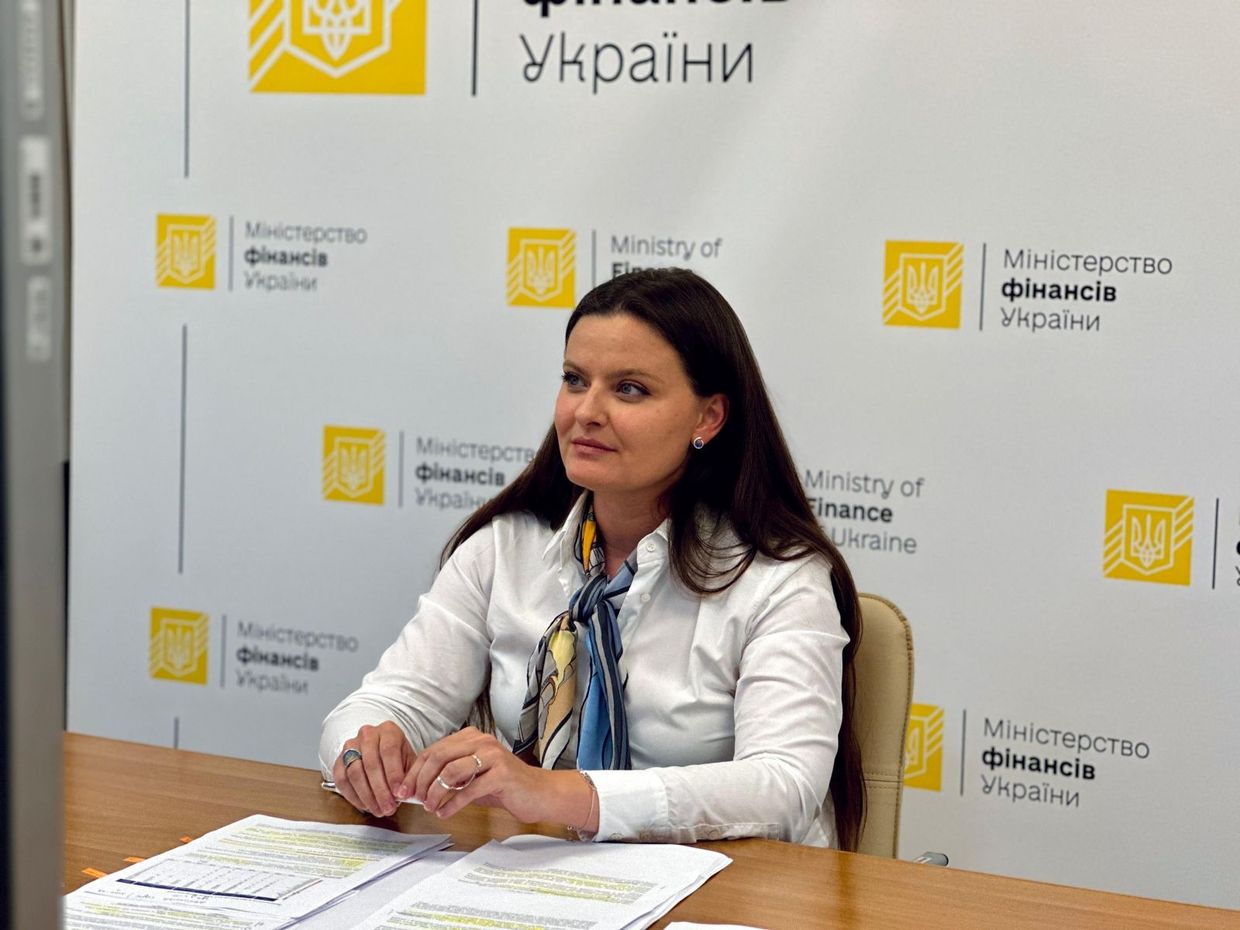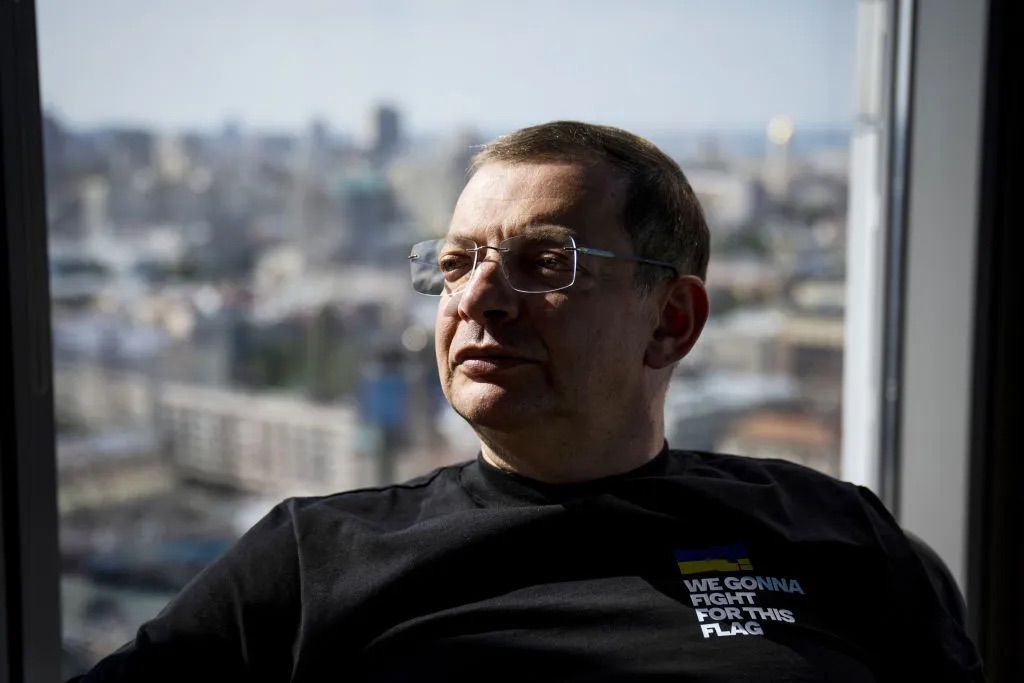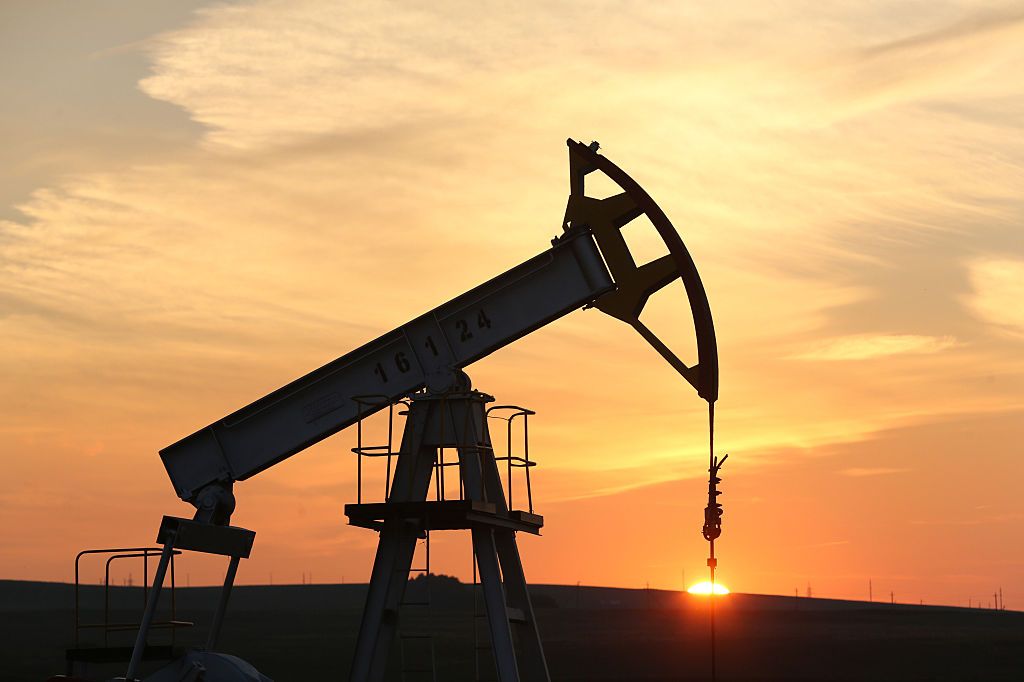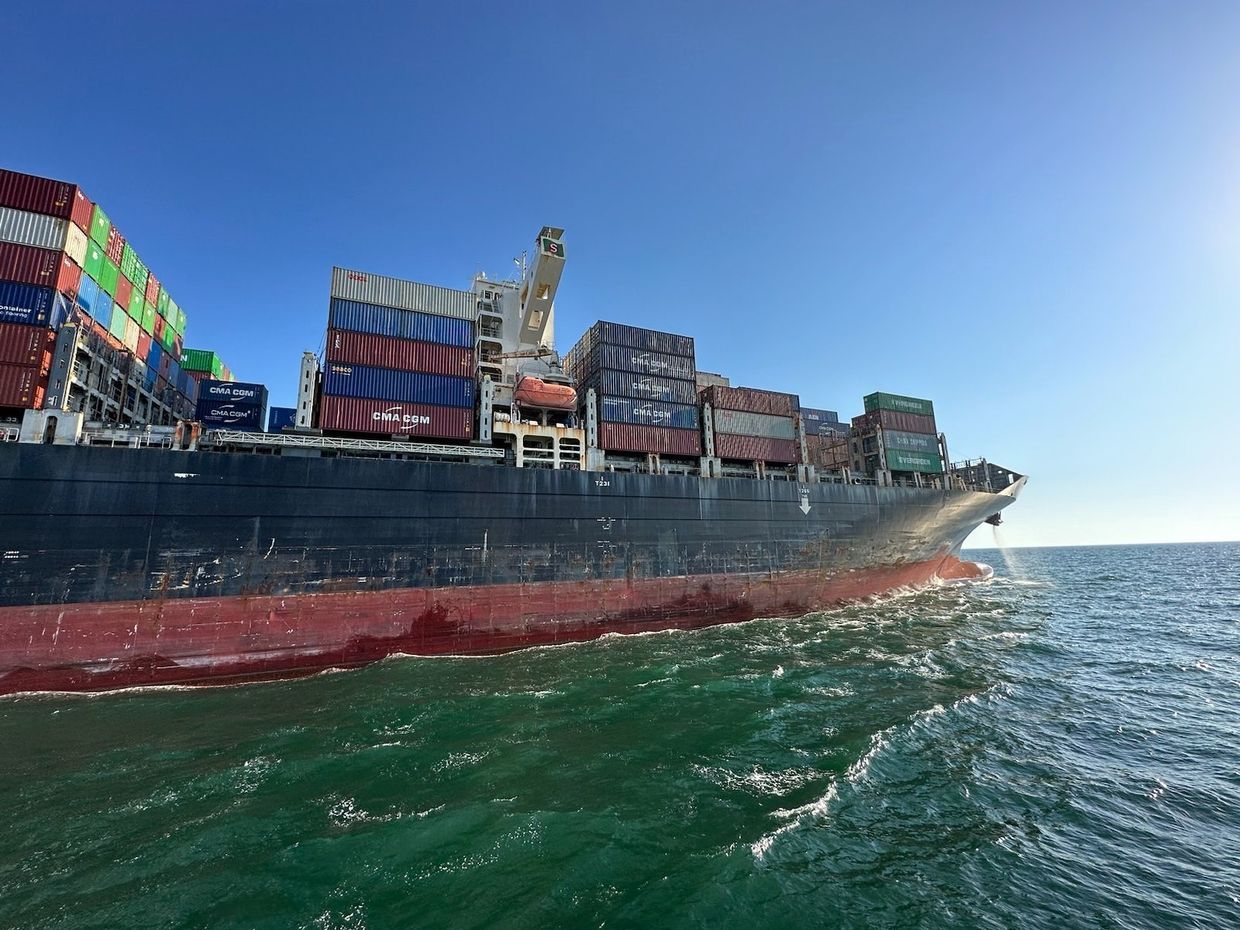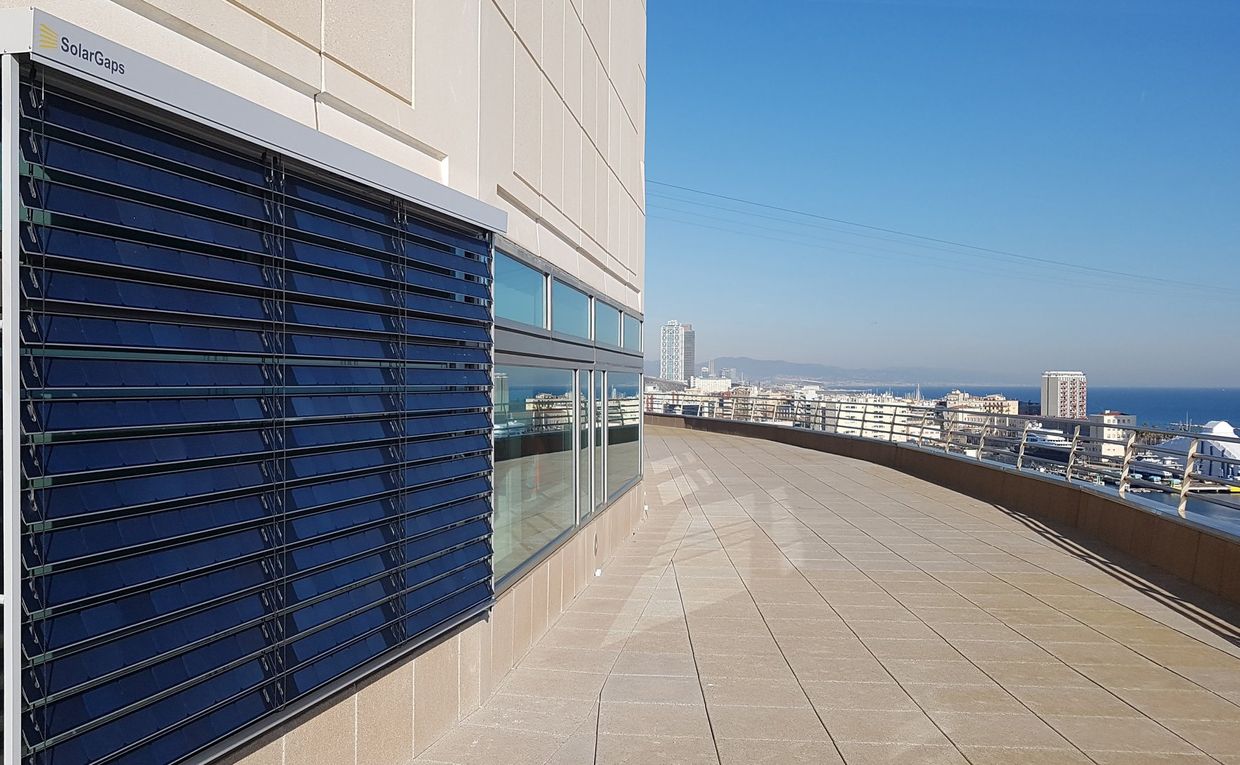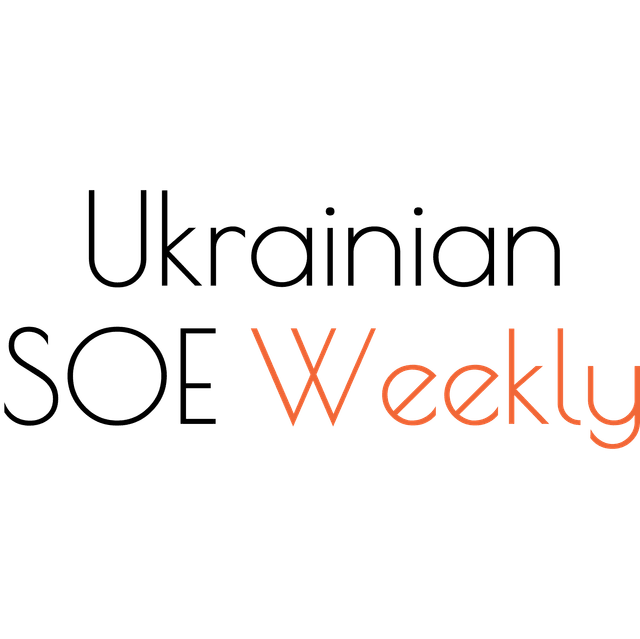Ukraine state-owned enterprises weekly — Issue 143

Editor’s Note: This is issue 143 of Ukrainian State-Owned Enterprises Weekly, covering events from July 29 – Aug. 16, 2024. The Kyiv Independent is reposting it with permission.
Corporate governance of SOEs
Ukrnafta completes the composition of the supervisory board. On Aug. 7, Ukrnafta reported that Kateryna Kuznetsova joined the company’s supervisory board as an independent member. Thus, the supervisory board is complete, the company said.
According to Ukrnafta, Kateryna Kuznetsova at international audit firms, from junior consultant to senior manager at EY (Australia); she also worked as general manager of the finance department of the corporate centre of SingTel Optus (the second largest telecommunications operator in Australia) and was a director of the Capital Markets Group at PwC (UK).
As we wrote in Issue 122, on March 6, Ukrnafta’s new supervisory board was approved. The newly elected supervisory board included three independent members (Tim Dodson, Ireneusz Fafara and Duncan Nightingale) and two shareholder representatives (Liudmyla Darahan and Rosa Tapanova), appointed by the Defense Ministry and Naftogaz.
As we reported in April 2024 (Issue 130), Fafara resigned from Uknafta’s supervisory board to head Polish energy concern Orlen.
Energy sector
Ukrhydroenergo is to procure lawyers to seek compensation for the destroyed Kakhovka HPP, the company’s press office reported on Aug. 15.
On June 6, 2023, Ukrhydroenergo reported that the Kakhovka Hydroelectric Power Plant (HPP) was destroyed beyond restoration after the Russians set off a massive explosion in the engine room. See our Issue 91 for more detail.
As we reported in Issue 135, on June 6, Ukrhydroenergo announced that it initiated an investment arbitration procedure with Russia to compensate for the damage caused by the destruction of the HPP. The preliminary estimate was about $2.5 billion.
“Based on the experience of similar disputes, the proceedings in this case would last for many years, which is why the company expects to engage a reliable and professional partner to confidently go through this difficult arbitration,” Ukrhydroenergo explained. Firms with a track record of successful representation in investment and international commercial arbitrations will be preferred, the company added.
The procurement tender is scheduled for Sept. 17. Its expected value is Hr 365 million ($8.8 million).
Naftogaz Group pays Hr 53 billion ($1.3 billion) in taxes for January-July 2024, the company’s press office reported on Aug. 13. This is almost 10% more than the company paid over the same period of 2023.
In July alone, Naftogaz Group contributed more than Hr 6 billion ($145 million) to Ukraine's consolidated budget, Naftogaz’s CEO Oleksiy Chernyshov said.
As we reported in Issue 115, Naftogaz Group paid Hr 83.4 billion (aroud $2 billion) in taxes to the state budget and another Hr 6.8 billion (around $170 million) to local budgets in 2023.
As we wrote in Issue 131, Naftogaz Group reported that it made Hr 23.1 billion (around $580 million) in consolidated net profit in 2023, a significant rebound from its Hr 79.1 billion (around $2 billion) loss in 2022.
As we reported earlier, Naftogaz Group paid Hr 6.1 billion ($147 million) in taxes to state and local budgets for January 2024 (see Issue 119), Hr 5.3 billion ($128 million) for February (see Issue 123), Hr 8.3 billion ($200 million) for March (see Issue 128), Hr 8 billion ($193 million) for April (see Issue 132), Hr 9.3 billion ($224 million) for May (see Issue 137), and Hr 9.2 billion ($222 million) for June (see Issue 140).
The Paris-based Arbitration Tribunal agrees to consider Ukrenergo’s 527-million-euro claim against Russia over assets in Crimea, the company’s press office reported on Aug. 14.
This means that the Tribunal would eventually hear and decide on the claims filed by Ukrenergo against Russia in 2019, the company explained.
Ukrenergo reminded that these are the claims in which the company demands that Russia pay compensation for illegally expropriated energy assets and investments in Crimea. These include 17 substations and over 1,300 kilometers of power lines. The total amount of damage caused by Russia in Crimea is estimated at 527 million euros ($585 million), the company said.
Ukrenergo filed the claims in 2019, and the case began to be considered at the end of 2020. The decision to dismiss Russia’s complaints finally opens the way for the case to be considered on the merits, the company added.
It took the arbitrators 11 months to analyze the arguments of the parties and decide on the jurisdiction of the case. The company is preparing for the next stages of the proceedings in court, Ukrenergo also said.
“We understand that this path would be long and difficult. But in the end, the aggressor would pay for the damage caused to the Ukrainian energy system to the last penny,” the company summarized.
Energoatom exempt from paying debts under enforcement actions until the end of martial law. According to Forbes Ukraine and Ekonomichna Pravda (EP), by its order of Aug. 2, the Strategic Industries Ministry included Energoatom to the list of enterprises “that are debtors in enforcement proceedings, the execution of enforcement actions on which is suspended for the duration of martial law."
Energoatom asked the ministry for the above exemption on Aug. 1. The ministry issued the order the next day, and it came into force on the day it was signed.
According to Forbes Ukraine, the ministry’s register includes enterprises that perform a state contract, or are involved in the execution of such a contract, in the defense sector. Another criterion is being listed on the electronic register of candidates for and executors of state contracts. A company is included on the list if it meets both criteria, the media added.
It is not yet known what part of the debt Energoatom would be able to avoid paying and which debts are affected by this moratorium, Forbes Ukraine also wrote. According to EP, the PSO payments would continue to be made.
As we wrote in Issue 134, on May 31, the Cabinet of Ministers adopted a resolution setting a single electricity tariff for households at Hr 4.32 per kWh. The new tariff would be effective from June 1, 2024 until the end of April 2025.
According to EP, official communications cite the need to restore energy infrastructure as the key reason for the household tariff increase. In reality, Energoatom and Ukrhydroenergo will be the key beneficiaries of this change. It will help these two state-owned companies avoid about Hr 86.6 billion (around $2 billion) per year in PSO costs, Oleksandr Vizir, head of the Association of Energy Efficiency and Energy Saving, wrote for EP. See Issue 134 for more detail.
Energoatom and Ukrhydroenergo were granted the right to sell electricity on market terms from Oct. 1, 2021. Under the new PSO model, the proceeds were used to compensate electricity providers for the difference between the regulated household tariffs (at that time, Hr 1.44/kWh and Hr 1.68/kWh depending on the volume of consumption) and market prices.
Since October 2021, the Cabinet of Ministers has repeatedly extended the PSO mechanism to keep electricity tariffs for households unchanged until the end of the previous heating season. The PSO mechanism was in place until April 30, 2023.
On May 30, 2023, the Cabinet approved an increase in the electricity tariff for households to Hr 2.64/kWh from June 1, 2023.
As we reported in Issue 115, in January 2024, the PSO model had been extended until April 30. Later, it was extended for another month, from April 30 to May 31. SeeIssue 131 for more detail.
As we reported in our earlier issues, the low electricity tariff has consistently caused financial challenges for Ukrainian energy SOEs:
- Electricity market had a chain of debts of “everyone to everyone” worth Hr 60 billion ($1.4 billion). See Issue 110 for detail.
- After accumulating large debts due to losing the Zaporizhzhia Nuclear Power Plant, Energoatom had only been able to fulfill all PSOs again since September 2023 (see Issue 109). The company paid Hr 1.8 billion ($43 million) it owed to Ukrenergo for dispatch control services in November 2023 (see Issue 113) and reported in January that it had fully fulfilled its PSO obligations for 2023 (see Issue 115).
- Ukrhydroenergo finished paying for all household PSOs for 2023, the company said in late January. See Issue 116 for more detail.
- Energoatom fully paid Hr 48.5 billion for household PSO costs for January-April 2024.
Other sectors
OPZ may resume ammonia production after staying idle for three years. According to Forbes Ukraine’s source in the Cabinet of Ministers, the Odesa Portside Plant (OPZ) is preparing to resume full operations for the first time since 2021. The full launch may take place in August 2024, the media outlet wrote.
The State Property Fund of Ukraine (SPFU), which manages OPZ, refused to comment on the possible resumption of the plant’s operations, citing security risks.
According to Forbes Ukraine, the likelihood of OPZ being restarted is evidenced by the fact that the plant held eight tenders for the purchase of natural gas, electricity, and equipment in July 2024. On July 29, OPZ also posted two announcements to recruit production workers and laboratory technicians.
OPZ, located in the town of Yuzhne in Odesa Oblast, is a major producer of ammonia and urea. In recent years, the company operated under tolling arrangements, in which a private company supplied gas to OPZ, which the plant processed into fertilizers and returned them to the gas supplier. In this arrangement, the supplier owned both the gas and the fertilizers. OPZ did not pay for the gas and only collected a fee for the processing.
In September 2021, the plant suspended production due to high gas prices. Prior to the full-scale invasion, OPZ operated a marine ammonia transshipment facility – a terminal of the Togliatti-Odesa ammonia pipeline – but it was shut down in February 2022, in part due to the risk of missile strikes on ammonia storage facilities.
Since then, OPZ has only operated in non-core areas: It has produced oxygen and nitrogen and handled grain transshipment, SPFU’s head Vitaliy Koval said in February 2024.
OPZ has been slated for privatization since at least 2009. It was named the benchmark case of large-scale privatization after the Revolution of Dignity, but three attempts to sell OPZ have failed.
In their 2018 analysis, SOE Weekly members Andriy Boytsun and Dmytro Yablonovskyi argued that OPZ served as a showcase of how protracted privatization plummets state-owned enterprises’ value due to corruption. See article here: “Thirteen years of lies and imitation: Does Ukraine still have a chance for real privatisation?”
Privatisation
The winning bidder pays Hr 480 million for the Kozatsky Hotel in Kyiv. On Aug. 13, the State Property Fund of Ukraine (SPFU) reported that the agricultural company Nadiya LLC, the winner of the privatization auction, fully paid Hr 400 million ($9.6 million) for the hotel itself and Hr 80 million ($1.9 million) in VAT.
The company would also repay the payables to the budget, Hr 9 million (around $200 million), the SPFU added.
As we wrote in Issue 141, on July 18, the SPFU sold the Kozatsky Hotel in Kyiv for Hr 400 million ($9.6 million).
Nadiya LLC is owned by businessman Serhiy Spodin. The winner had 20 working days after the auction to pay up.
According to the SPFU, Kozatsky is a 9,500-square-meter hotel located in the center of Kyiv. The lot includes a building with 135 rooms, a restaurant, a cafe, five conference halls, and 1,494 items of movable property (equipment, furniture, inventory, etc.).
SPFU puts up the state’s stake in ZALK for privatization. On Aug. 1, the SPFU announced a privatization auction of the state-owned 97.5% stake in Zaporizhzhia Industrial Aluminium Plant (ZALK).
The first auction with a starting price of Hr 152 million ($3.7 million) was scheduled for Aug. 6, but it failed due to the absence of bidders. The second auction is scheduled for Aug. 22, and the starting price was halved to Hr 76 million ($1.8 million).
According to the SPFU, built in 1930, ZALK was the only primary aluminium producer in Ukraine. The company’s balance sheet includes 1,497 registered units of real estate and infrastructure with a total area of 370,900 sq. meters. The property also includes 291 units of vehicles and special equipment.
The real estate assets are located on 25 registered land plots with a total area of 216,085 hectares. As of May 31, 2023, part of the company’s real estate with a total area of 6,755 sq. meters was leased out under eight agreements with the maximum term until Sept. 1, 2025, the SPFU added.
ZALK’s balance sheet includes 18 objects that were not included in the company’s equity but remained state-owned (two shelters, equipment, radio stations, engineering networks, roads, etc.).
The company has debts, including overdue accounts payable of as much as Hr 6.44 billion ($155 million). Under the auction terms, the new owner must ensure the repayment of wage arrears and budgetary payments within 18 months from the date of transfer of ownership, and may not lay off ZALK’s employees for 6 months.
As we wrote in February 2023 (Issue 76), the SPFU announced preparations for the privatization of three large enterprises comprising the mining and steel complex in Zaporizhzhia. These include:
- Zaporizhzhia Titanium-Magnesium Plant (ZTMK), the only producer of spongy titanium in Europe;
- Zaporizhzhia Industrial Aluminium Plant (ZALK), the only producer of primary aluminium in Ukraine; and
- Kremniypolimer, the only producer of organosilicon products in Ukraine.
ZALK was nationalized in 2015 when the state acquired a majority stake in the company. The former owner, Russian oligarch Oleg Deripaska, tried to challenge Ukraine’s decision in international arbitration, but he lost his last shares in the company in February 2023, when the HACC confiscated all of its Ukrainian assets. See our Issue 75 for detail.
Ukrainian SOE Weekly is an independent weekly digest based on a compilation of the most important news related to state-owned enterprises (SOEs) and state-owned banks in Ukraine.
The contents of this publication are the sole responsibility of the editorial team of the Ukrainian SOE Weekly.
The SOE Weekly is produced and financed by Andriy Boytsun. Communications support is provided and financed by CFC Big Ideas. The SOE Weekly is not financed or influenced by any external party.
Editorial team: Andriy Boytsun, Oleksiy Pavlysh, Dmytro Yablonovskyi, and Oleksandr Lysenko.


